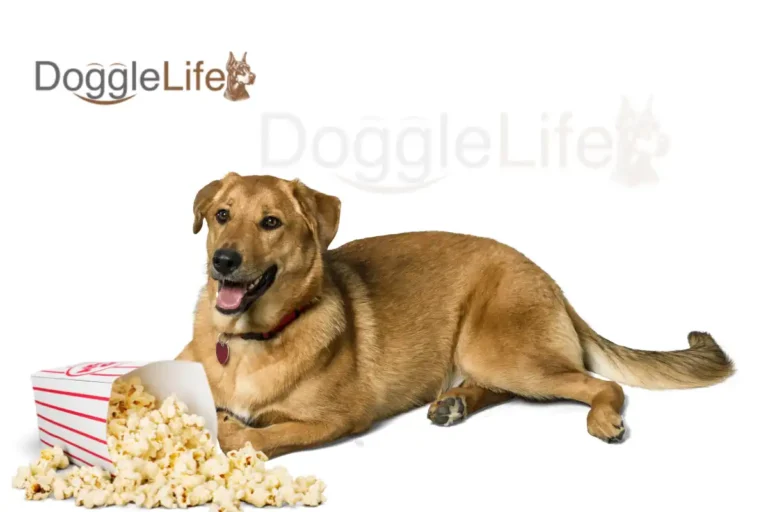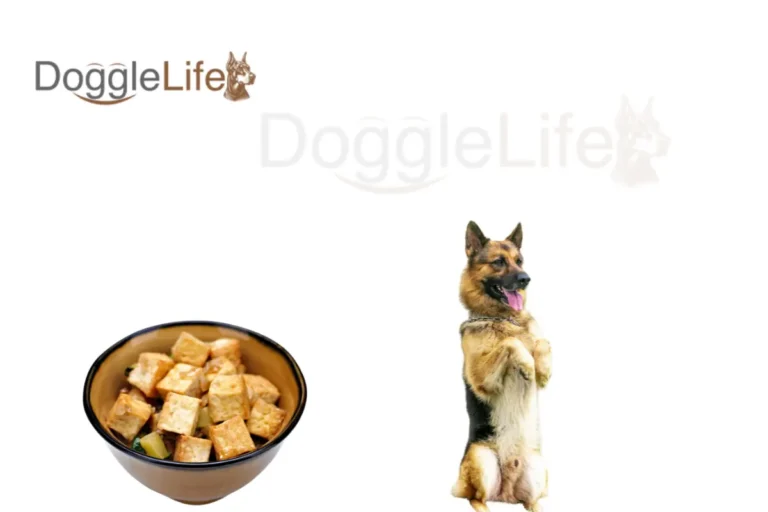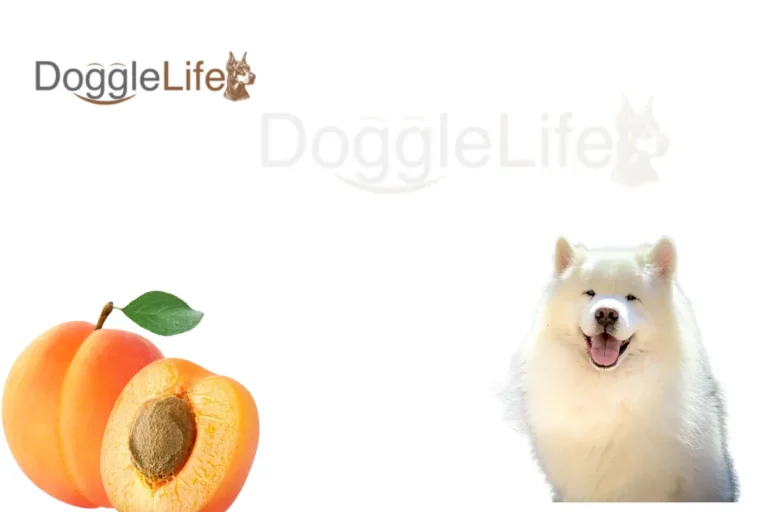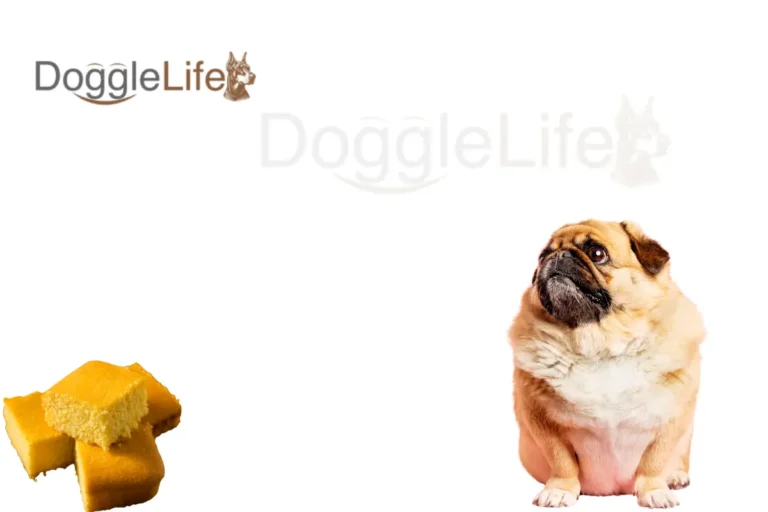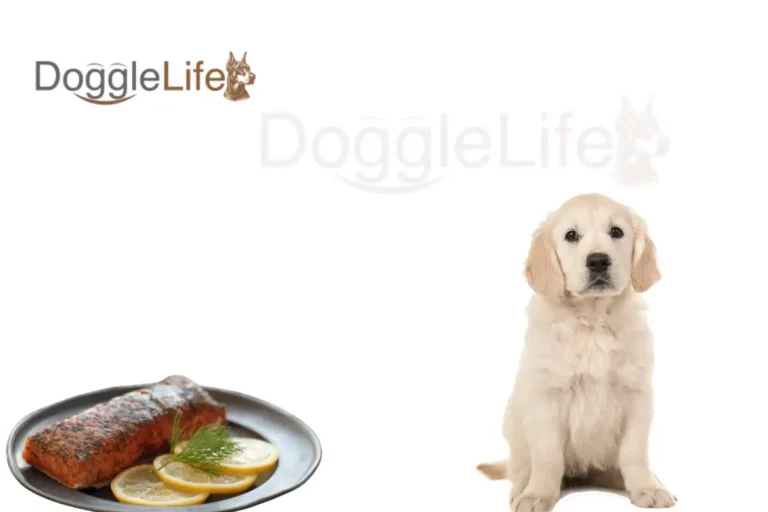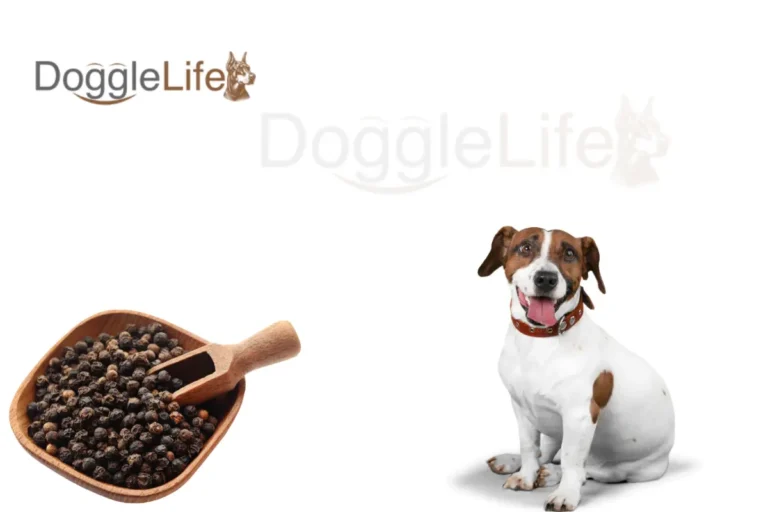Can Dogs Eat Beets Vet Approved
If you’re wondering can dogs eat beets, you’re not alone. Beets come in many forms pickled, cooked, canned, raw, red, golden, and even as juice, powder, or chips. We’ll also cover beet greens, stems, tops, and combinations like beets with parsnips or cabbage. This guide explains which beet types are safe for your dog, how to serve them, and what to avoid.
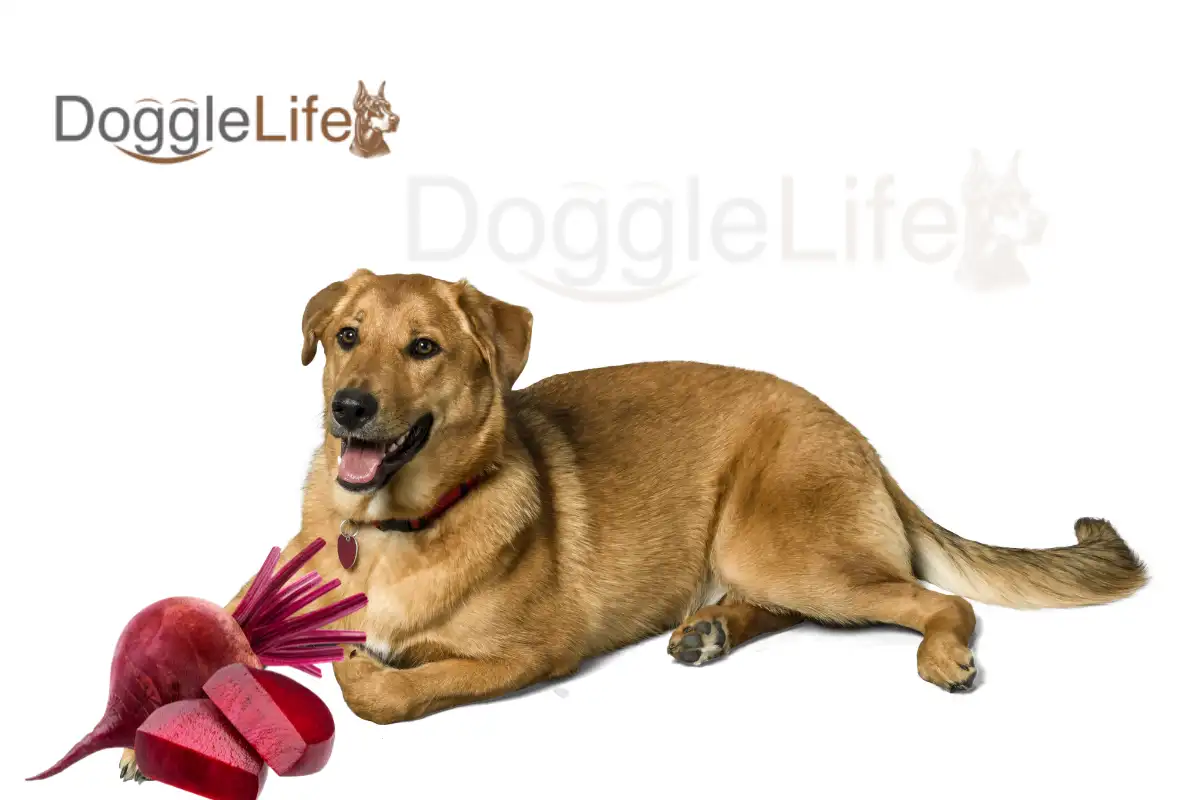
Can dogs eat beets
Yes, can dogs eat beets? Absolutely, in moderation. Beets are packed with fiber, vitamins, and minerals that can support your dog’s digestion and overall health. They’re a natural way to add some nutrients to your pup’s diet without processed fillers.
Expert tip: Start with small portions to see how your dog reacts. Too much beet can cause an upset stomach.
Can dogs eat pickled beets
Many dog owners wonder, can dogs eat pickled beets? The answer is generally no. Pickled beets often contain vinegar, salt, or sugar that can irritate your dog’s stomach or affect their health. Plain, cooked beets are a much safer option.
Expert tip: Stick to fresh or cooked beets instead of pickled ones to keep your dog safe and healthy.
Can dogs eat beets cooked
Yes, can dogs eat beets cooked? Absolutely. Cooking beets softens them, making them easier for dogs to digest. Boiling or steaming without seasoning is ideal. Avoid oils, butter, or spices.
Expert tip: Cut cooked beets into bite sized pieces to prevent choking and make it easier for your dog to enjoy.
Can dogs eat canned beets
Some people ask, can dogs eat canned beets? You need to be careful. Canned beets may contain added salt or preservatives that aren’t good for dogs. If you rinse them thoroughly and serve plain, a small amount is usually fine.
Expert tip: Always check the label for additives. Fresh or cooked beets are safer than canned for regular feeding.
Can dogs eat beets raw
So, can dogs eat beets raw? Technically yes, but raw beets are harder for dogs to digest. They might cause gas or an upset stomach if fed in large amounts. Grating or finely chopping raw beets can help reduce this issue.
Expert tip: Start with tiny amounts of raw beet and watch your dog’s digestion before increasing the portion.
Can dogs eat red beets
Yes, can dogs eat red beets? Absolutely, dogs can enjoy red beets in moderation. Beets are packed with nutrients like fiber, folate, and vitamin C, which can support your dog’s digestive health and immune system. However, too much beet can upset their stomach or cause discoloration in their urine.
Expert tip: Always introduce red beets gradually into your dog’s diet and serve them cooked or steamed to make digestion easier.
Can dogs eat beet greens
Wondering can dogs eat beet greens? The answer is yes, beet greens are safe and actually very nutritious for dogs. They contain vitamins A, K, and C, plus minerals like calcium and iron. Be mindful to chop them into small pieces to avoid choking hazards.
Expert tip: Lightly steam beet greens before feeding to make them softer and easier on your dog’s stomach.
Can dogs eat beets and parsnips
So, can dogs eat beets and parsnips together? Yes, both vegetables are safe for dogs and can be a healthy addition to their meals. Beets provide antioxidants while parsnips give fiber and essential vitamins. Remember to serve them cooked and in small amounts to avoid digestive issues.
Expert tip: Mix them with your dog’s regular food and observe their reaction to make sure they tolerate the combo well.
Can a dog eat beets safely
You might ask, can a dog eat beets safely? The answer is yes, but moderation is key. Dogs can benefit from the nutrients in beets, but too many can cause gas or diarrhea. Always start with a small portion to see how your dog reacts.
Expert tip: Slice or cube beets and cook them lightly to make them digestible while keeping all the nutrients intact.
See also: Can Dogs Eat Marshmallows
See also: Can dogs eat lettuce safely
Can dogs eat beet chips
Many people wonder can dogs eat beet chips. Technically yes, but only plain, unsalted, and homemade beet chips. Store bought chips often contain salt, oil, or seasonings that are unsafe for dogs. Beet chips can be a crunchy, healthy snack in moderation.
Expert tip: Bake thin slices of beet in the oven until crisp for a safe and tasty homemade dog treat.
Can Dogs Eat Beet Juice
Yes, dogs can eat beet juice, but in moderation. Beet juice is rich in vitamins and minerals, which can support your dog’s health, but too much can upset their stomach or cause urine and stool discoloration.
Expert tip: Start with just a teaspoon mixed into their food and watch for any digestive changes before increasing the amount.
See also: Can Dogs Eat Greek Yogurt
See also: Can Dogs Eat Dates
Can Dogs Eat Beet Powder
Can dogs eat beet powder? Yes, beet powder can be a good supplement for dogs. It’s concentrated, so a small amount goes a long way and can help support their circulation and overall health.
Expert tip: Always mix beet powder with their regular food and avoid giving too much at once, as it might cause gas or mild diarrhea.
Can Dogs Eat Beet Pulp
Yes, dogs can eat beet pulp. Beet pulp is often used in commercial dog food as a fiber source, helping digestion and promoting gut health. It’s generally safe and beneficial in moderate amounts.
Expert tip: Make sure the beet pulp is plain and free from added sugar or spices to keep it safe for your dog.
Can Dogs Eat Beet Skin
Dogs can eat beet skin, but it should be thoroughly washed and preferably cooked. Raw beet skin might be tough to digest and could irritate your dog’s stomach.
Expert tip: Peel or cook the beets before giving them to your dog and serve in small pieces to prevent choking.
Can Dogs Eat Beet Stems
Can dogs eat beet stems? Yes, beet stems are safe, but they should be given in moderation. They contain nutrients and fiber but can be a bit fibrous for some dogs.
Expert tip: Chop beet stems finely and mix them with their meals to make them easier to chew and digest.
Can Dogs Eat Beet Tops
Yes, dogs can eat beet tops. Beet tops, also known as beet greens, are rich in vitamins A, C, and K, as well as minerals like calcium and iron. They can be a healthy addition to your dog’s diet in moderation.
Tip from a dog nutrition expert: Always wash beet tops thoroughly and chop them into small pieces to prevent choking. Introduce them gradually to see how your dog reacts.
Can Dogs Eat Beets With Vinegar
Can dogs eat beets with vinegar? While plain beets are safe for dogs, beets prepared with vinegar are not recommended. Vinegar can upset your dog’s stomach and may cause digestive issues.
Expert advice: Stick to plain, cooked, or raw beets for your dog, and avoid pickled or vinegar based preparations. Your dog’s gut health is more important than flavor experiments.
Can Dogs Eat Boiled Beets
Can dogs eat boiled beets? Absolutely! Boiling beets softens them, making them easier for dogs to digest while keeping most of their nutrients intact. Boiled beets are a great way to provide fiber, vitamins, and antioxidants.
Pro tip: Serve boiled beets plain and in small, manageable portions. Avoid adding salt, butter, or seasonings that can harm your dog.
Can Dogs Eat Fresh Beets
Can dogs eat fresh beets? Yes, fresh beets can be fed to dogs, but they should be peeled and chopped into small pieces to prevent choking. Fresh beets are crunchy and packed with nutrients, which can support digestion and overall health.
Insider advice: Introduce fresh beets slowly to your dog’s diet. Some dogs may experience mild stomach upset at first, so observe their reaction carefully.
Can Dogs Eat Golden Beets
Can dogs eat golden beets? Yes, golden beets are safe for dogs and offer similar benefits as red beets. They contain fiber, vitamins, and antioxidants that can help with digestion and immunity.
Expert tip: Mix golden beets with your dog’s regular food for variety. Always serve them cooked or chopped raw, and avoid any added seasonings.
Can Dogs Eat Roasted Beets
Yes, can dogs eat roasted beets? Absolutely, in moderation. Roasted beets are soft and easier for dogs to chew and digest than raw beets. They contain fiber, vitamins, and minerals that support your dog’s digestive system and overall health.
Tip from a dog nutrition expert: Always serve roasted beets plain, without salt, butter, or seasonings. Too much seasoning can upset your dog’s stomach.
Can Dogs Eat Steamed Beets
Can dogs eat steamed beets safely? Yes! Steaming beets preserves most of their nutrients while making them tender. This makes them gentle on your dog’s stomach and a healthy addition to their diet.
Expert advice: Cut the steamed beets into small pieces to prevent choking and feed in small amounts until you see how your dog reacts.
Can Dogs Eat Sugar Beets
Wondering can dogs eat sugar beets? Generally, sugar beets are safe for dogs in tiny amounts, but because they are high in sugar, overfeeding can cause digestive upset or weight gain.
Tip from a canine nutritionist: Use sugar beets only occasionally as a treat, and avoid giving your dog processed sugar beet products. Natural and plain is always better.
Can Dogs Eat Yellow Beets
Yes, can dogs eat yellow beets? Yellow beets are just another variety of beets and are safe for dogs when served plain. They are full of antioxidants, fiber, and essential nutrients that can benefit your dog’s health.
Expert insight: Introduce yellow beets gradually to avoid stomach upset. Mix them into your dog’s regular food rather than giving large portions at once.
Can Dogs Eat Beets and Cabbage
You might ask, can dogs eat beets and cabbage together? In moderation, yes. Both vegetables are nutritious, but cabbage can cause gas in some dogs. Feeding small amounts together is usually fine.
Veteran dog advice: Start with tiny portions and watch for digestive issues. If your dog tolerates it well, this combo can be a healthy snack packed with vitamins.
So, can dogs eat beets safely? Most beet varieties like cooked, roasted, steamed, or fresh can be a healthy treat when given in moderation. Always watch for signs of digestive upset, and avoid added salts, vinegar, or sugar in processed beet forms. From beet greens and stems to juice and chips, knowing which options are safe ensures your dog enjoys the benefits without risks.

